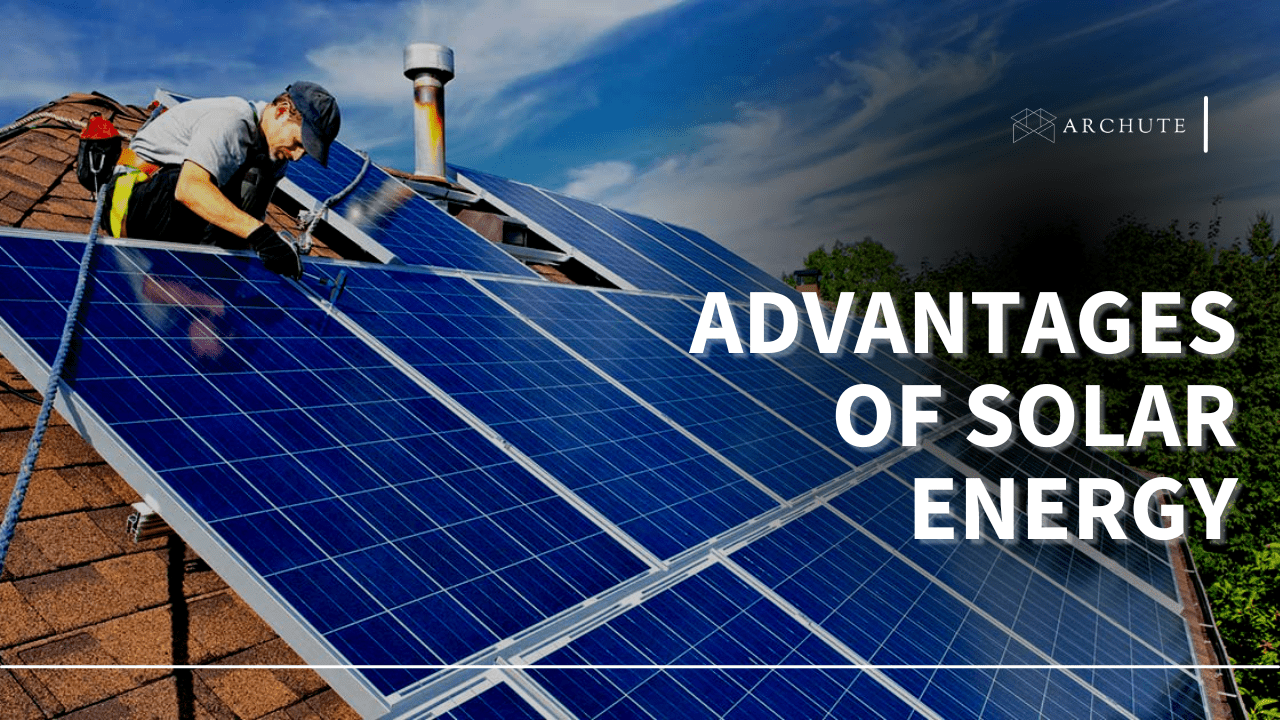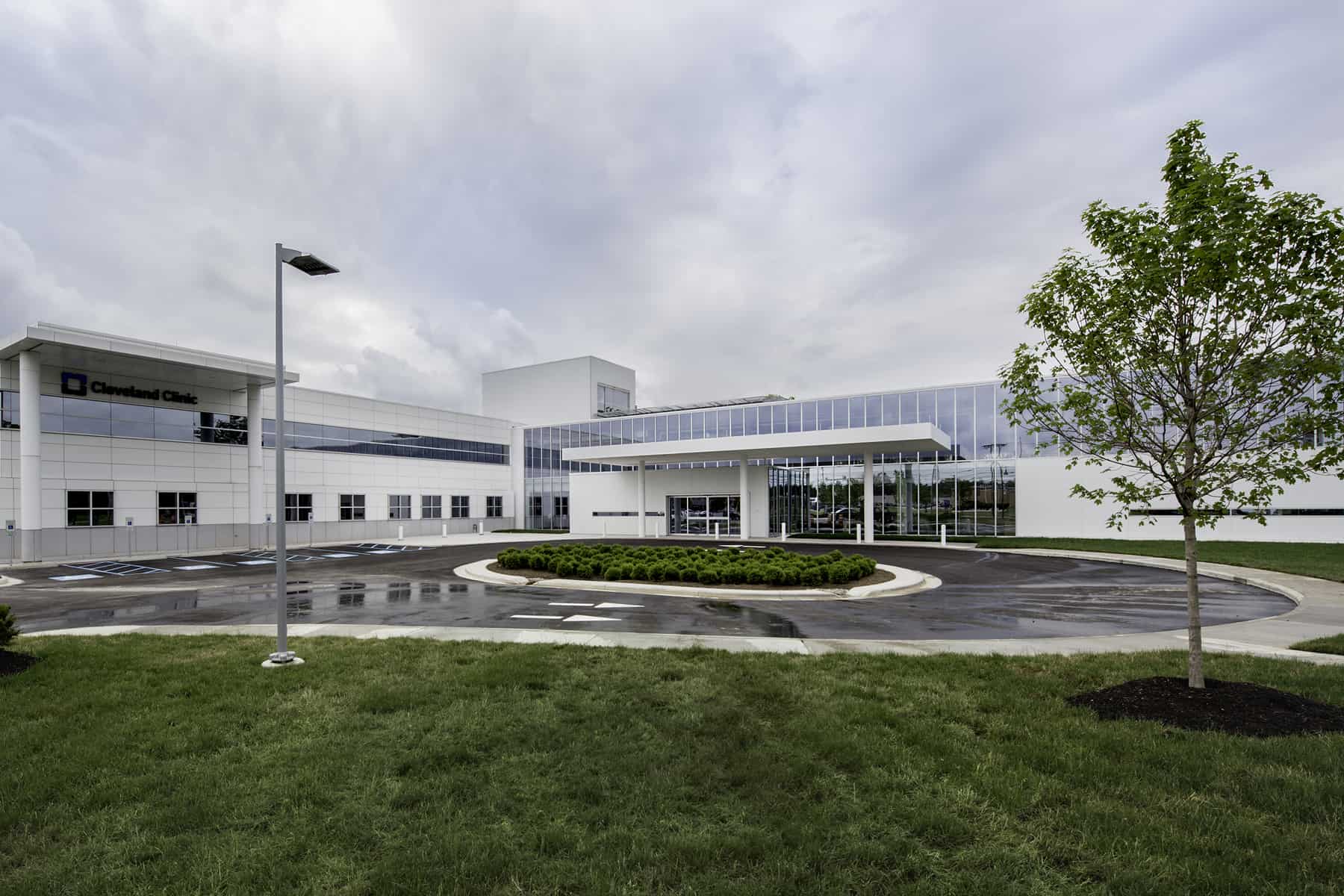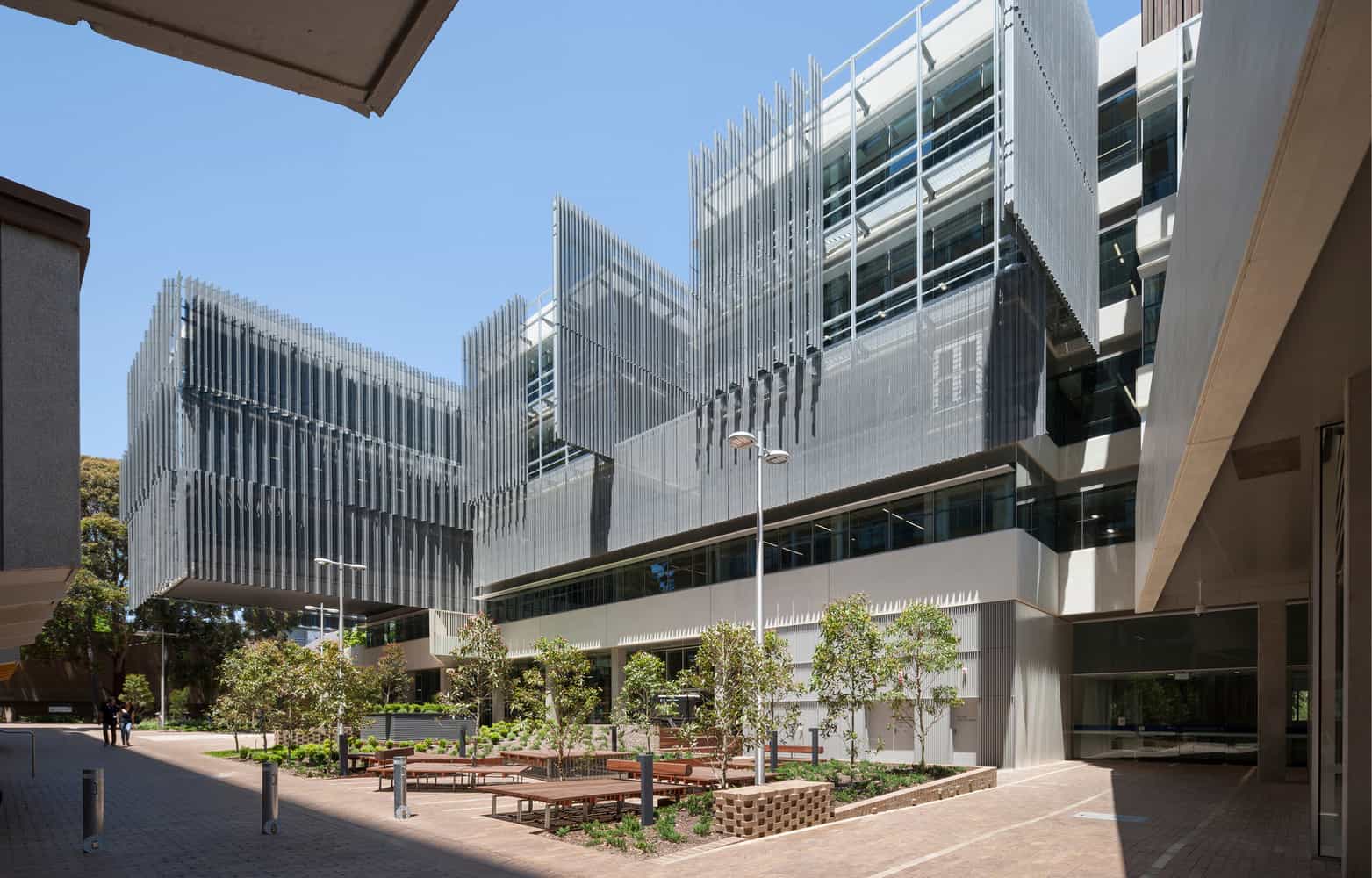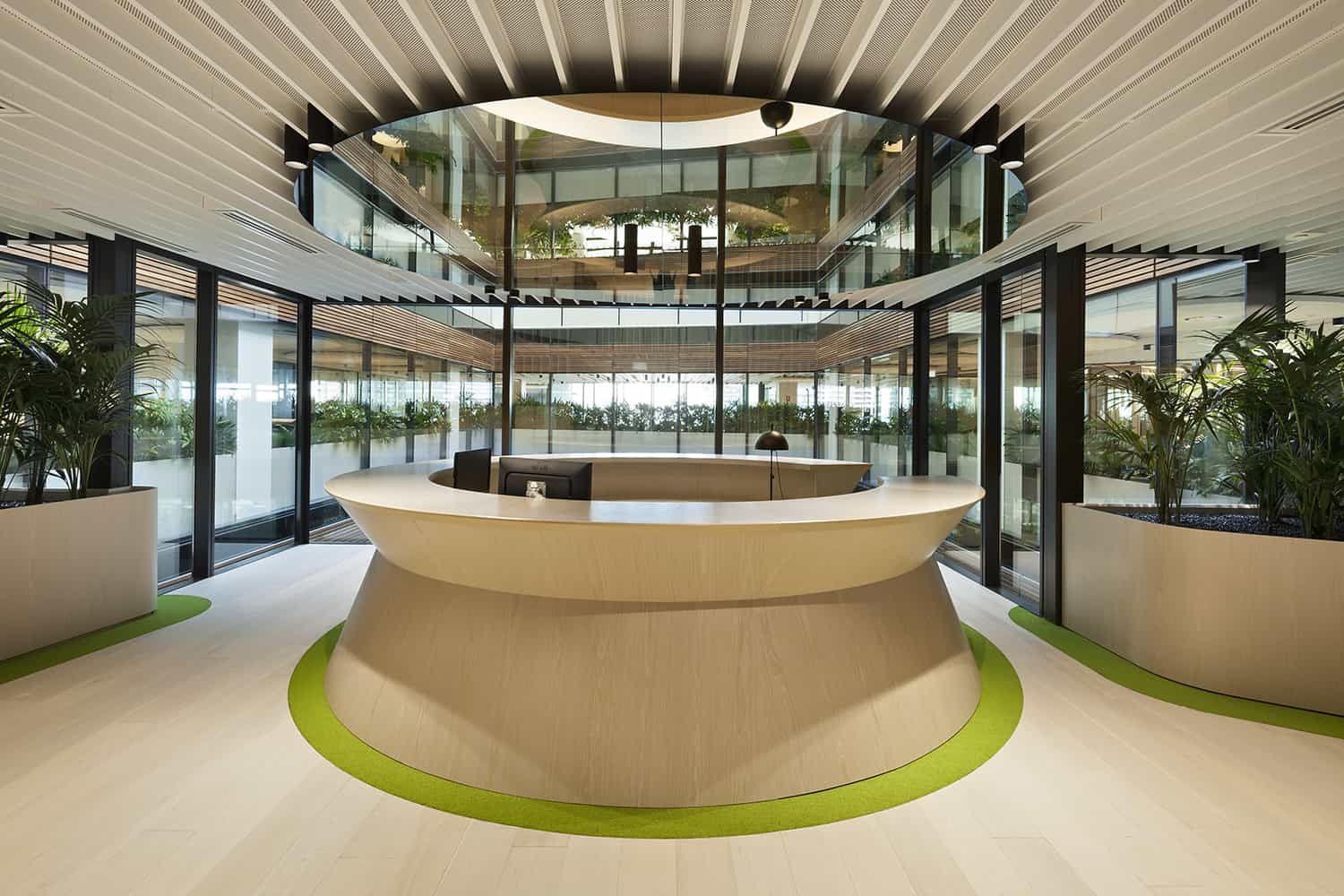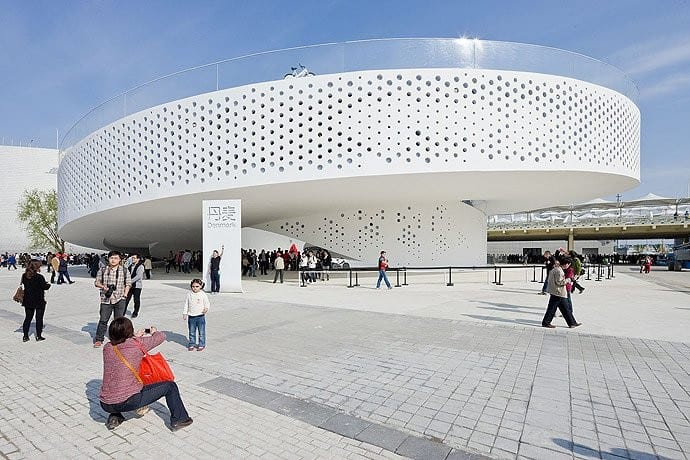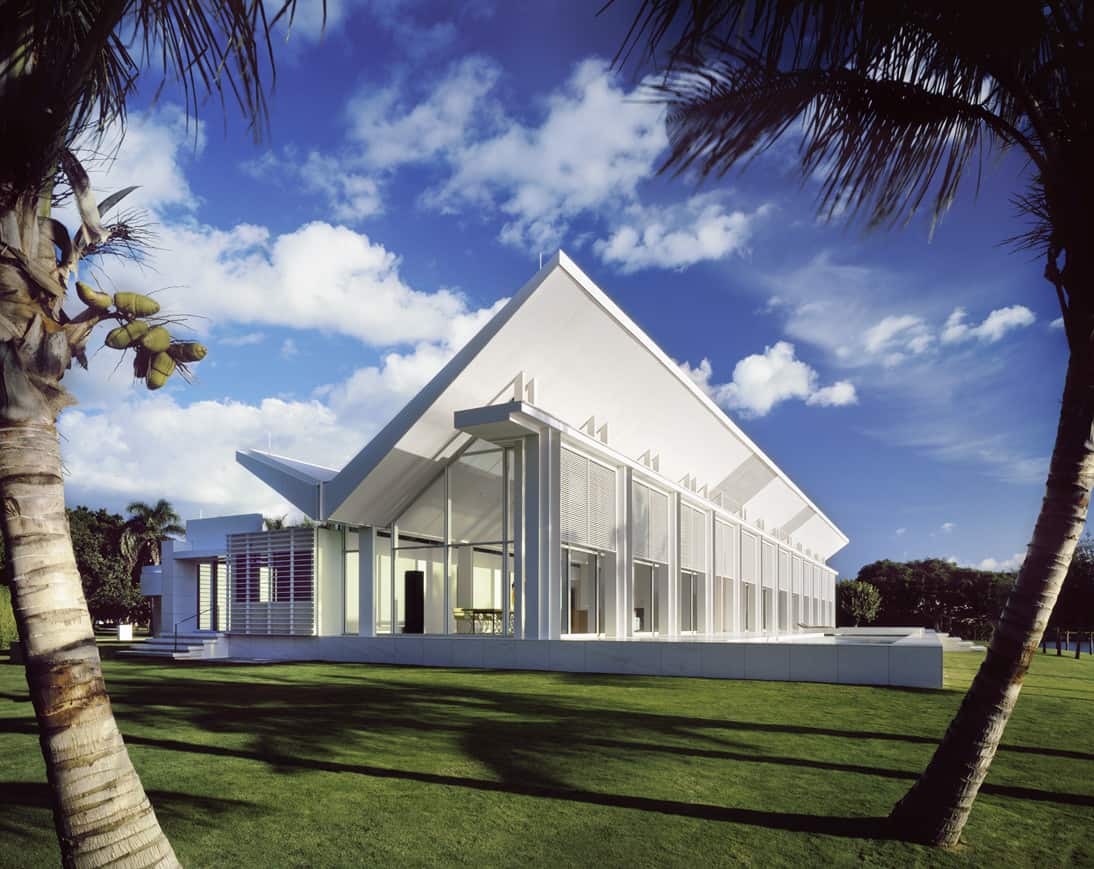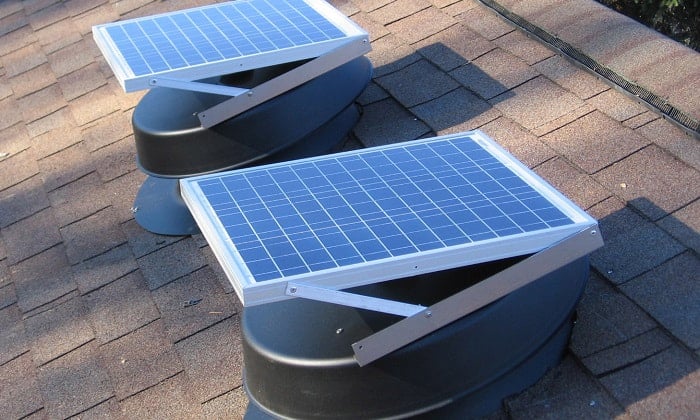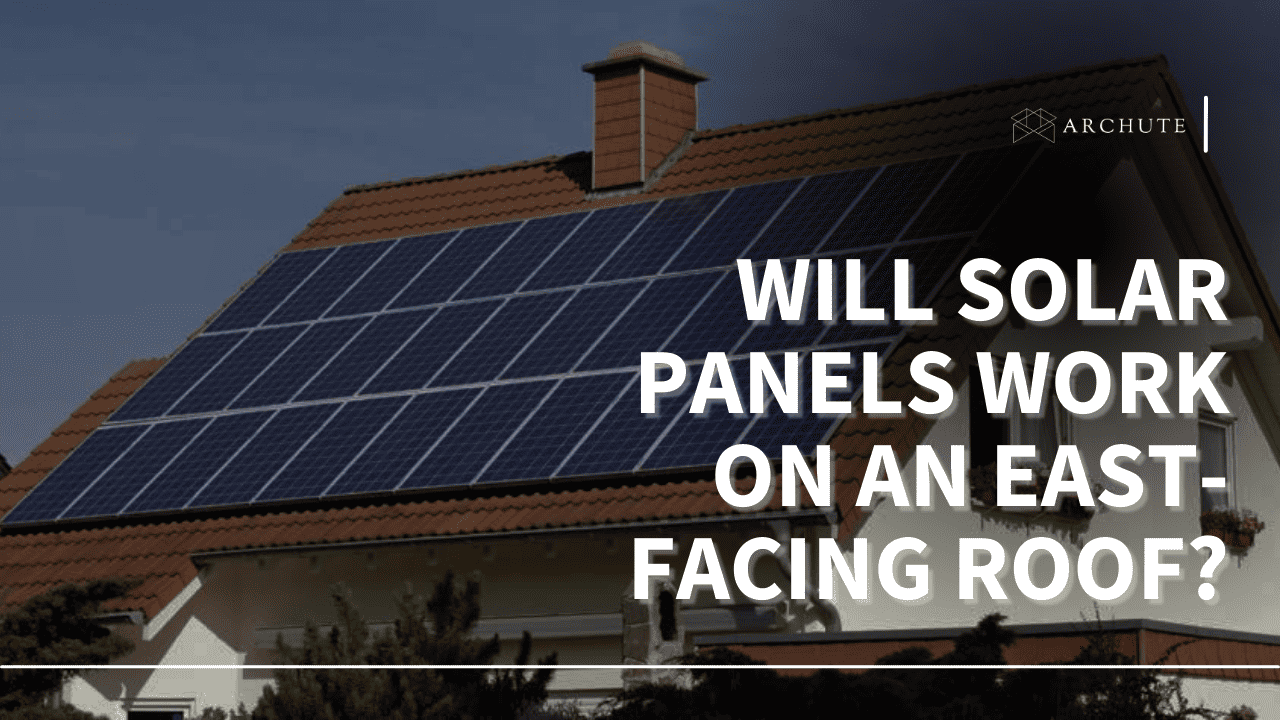Although many have named it expensive or inefficient, solar energy has recently emerged as highly valuable for the environment and a private economy. So, what are some advantages of solar energy?
Solar power is clean, renewable and has enormous potential given that it is a natural resource. Furthermore, it provides a significant advantage over traditional energy systems because it eliminates deficiencies in systems that were previously considered immutable. Still, there are solar energy disadvantages; nevertheless, they are not as significant as the benefits listed below.
Advantages of Solar Energy
Here are the benefits of solar energy for commercial and residential use;
1. Environmentally Friendly
Solar energy, unlike fossil fuels, has low greenhouse gas emissions to the environment. Solar panels produce no pollution. However, their manufacture and construction impose environmental costs, which are negligible compared to the effects of conventional energy sources. Solar energy, too, doesn’t produce greenhouse gases that pollute air and water.
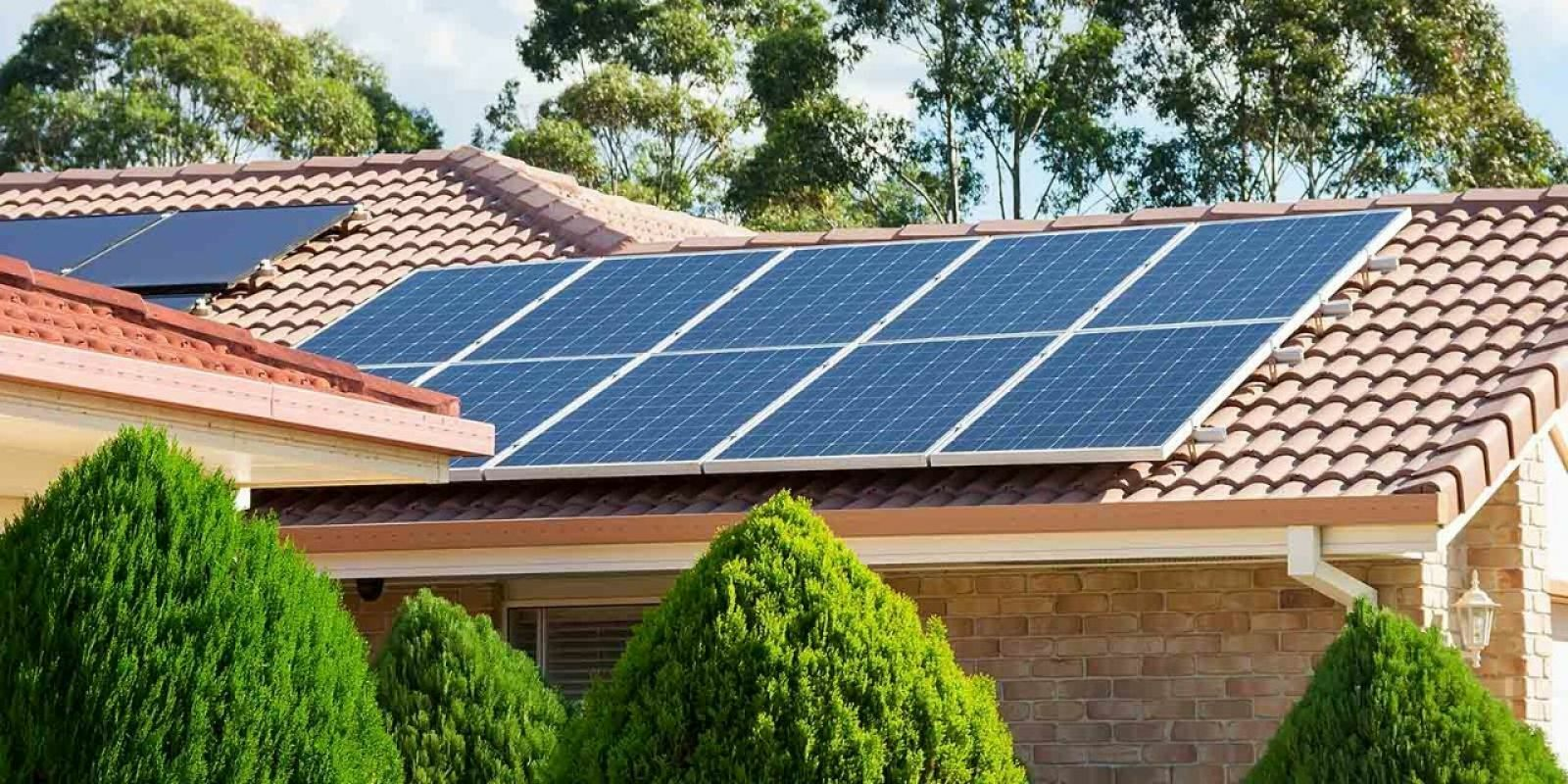
Image Credit: adssolar.com.au
Another advantage this energy type has on the environment is that it doesn’t create any noise because they don’t have any moving parts. This is important since they are used for residential purposes as well.
2. Saves Money
Since you will be meeting most of your energy needs with the electricity your solar system has produced, your electricity bills will reduce. However, the amount of money you save on the bills entirely depends on the solar system size and your electricity usage.
3.Renewable Energy Source
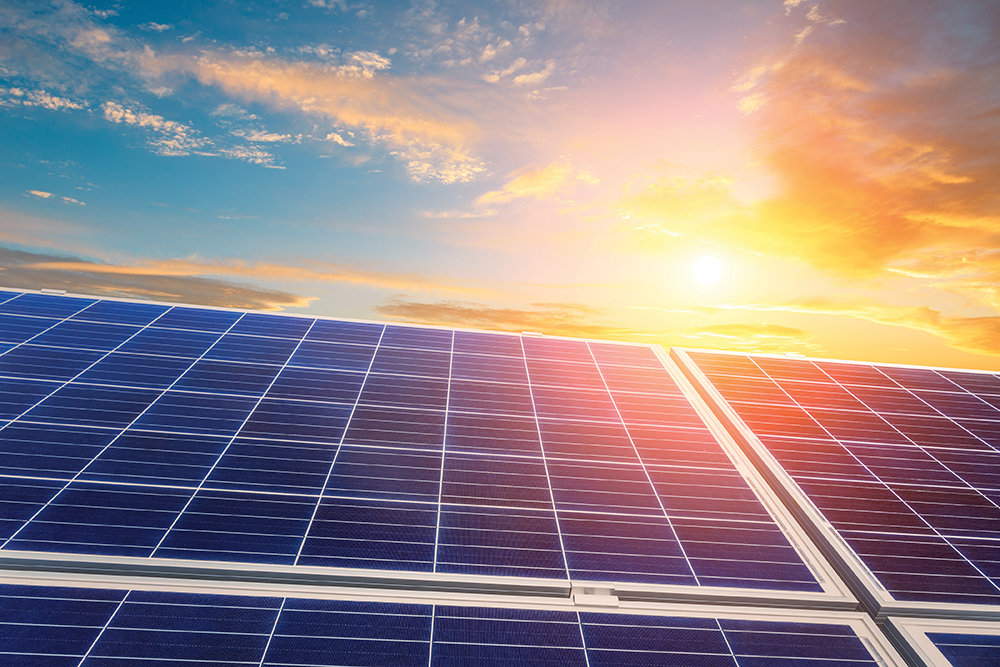
Image Credit: businesspulse.com
Among the benefits of solar panels, the most important thing is that solar energy is a renewable energy source. It can be harnessed worldwide at any time. As long as there is sun, solar energy will be accessible. So, unlike other energy sources, you cannot run out of solar energy to supply your electricity needs.
4. Low Maintenance Costs
Maintenance costs for solar energy system are relatively low and little is required to be done for the maintenance of the systems. You merely have to keep them clean, so washing them 2 to 3 times a year should suffice. If in doubt, you can rely in specialized cleaning companies who offer cleaning services at pocket friendly price. All credible solar panel manufacturers provide a warranty of up to 25 years..
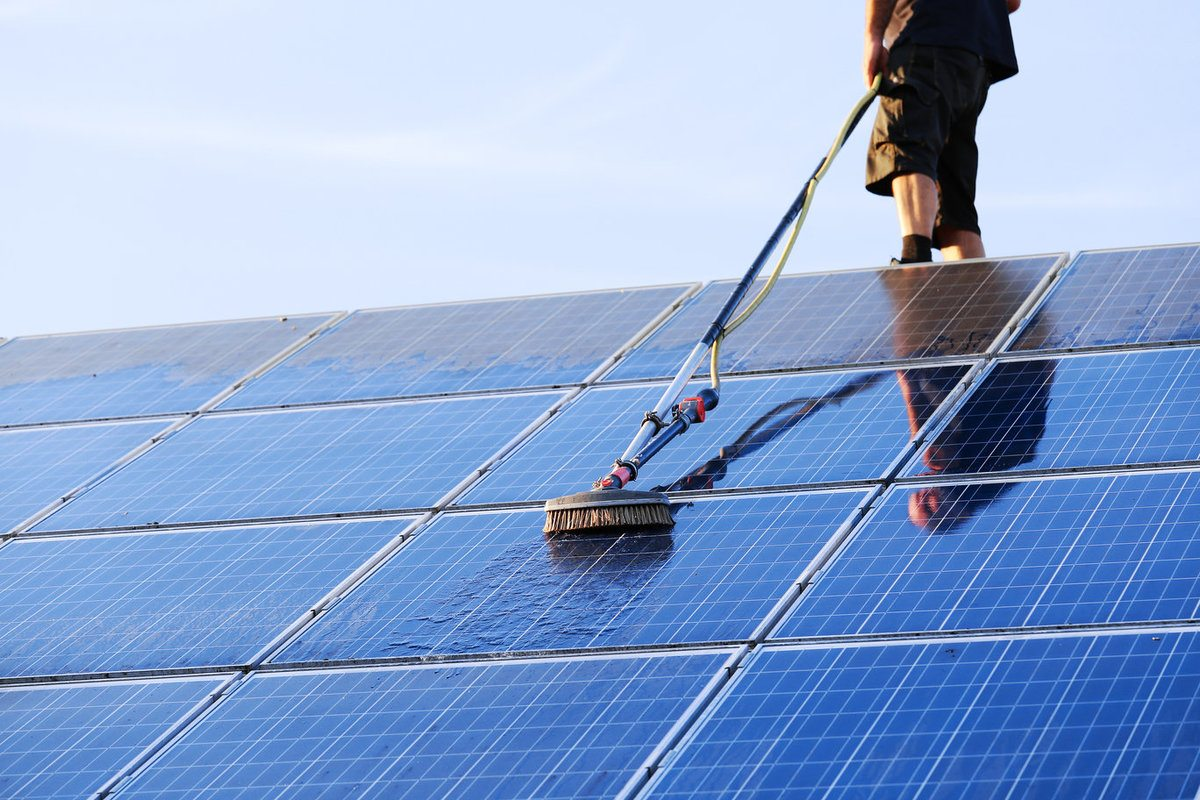
Image Credit: fixr.com
Also, they do not have any moving parts. And therefore there is no wear and tear. However, it is advisable to replace the inverter after 5 to 10 years because it constantly operates to transform the sun’s energy into power. The cables also require some degree of maintenance to enable the smooth running of the solar power system.
Therefore, apart from the actual cost of the solar system, the costs of its maintenance and repairs are almost negligible.
5. Diverse Applications
There are several application of solar power. Solar devices can either produce electricity through photovoltaic system or provide heat through solar thermal system. Some of the potential applications of solar energy include; purifying water in arid areas, generation of power in remote areas not connected to the power grid and the powering of satellites in space.
Solar energy can also be used in building constructions such as the Transparent solar energy windows.
6. Increases the Value of Your Home
Installing solar panel systems in your home benefits the people who will use your house. Many people choose to use solar systems but cannot install them properly. So, when you offer a house with a solar system, the amount of money you receive increases.
7. Creates Jobs
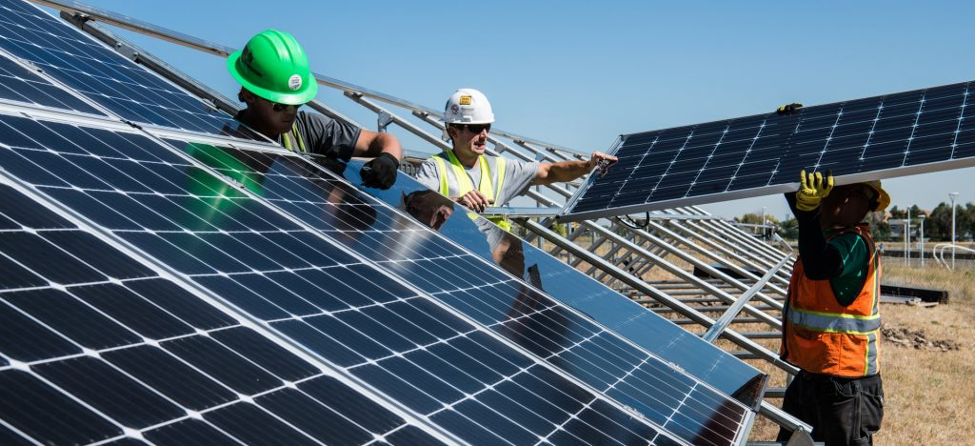
Image Credit: greenesa.com
Job creation in solar energy production has greatly impacted society economically. An increase in the demand for solar panel systems has become a source of employment in areas related to manufacturing, sales, installation, research, and maintenance.
8. Suitable for Remote Areas
Solar energy is appropriate for regions that have no access to the energy-grid systems. It can easily enhance the standards of living in areas like the Sub-Saharan Africa where 9 out of 10 inhabitants in the rural areas have no access to electricity. Such areas’ inhabitants use costly fuel sources for lighting and pollute the environment hence endangering their health.
9. Reliability
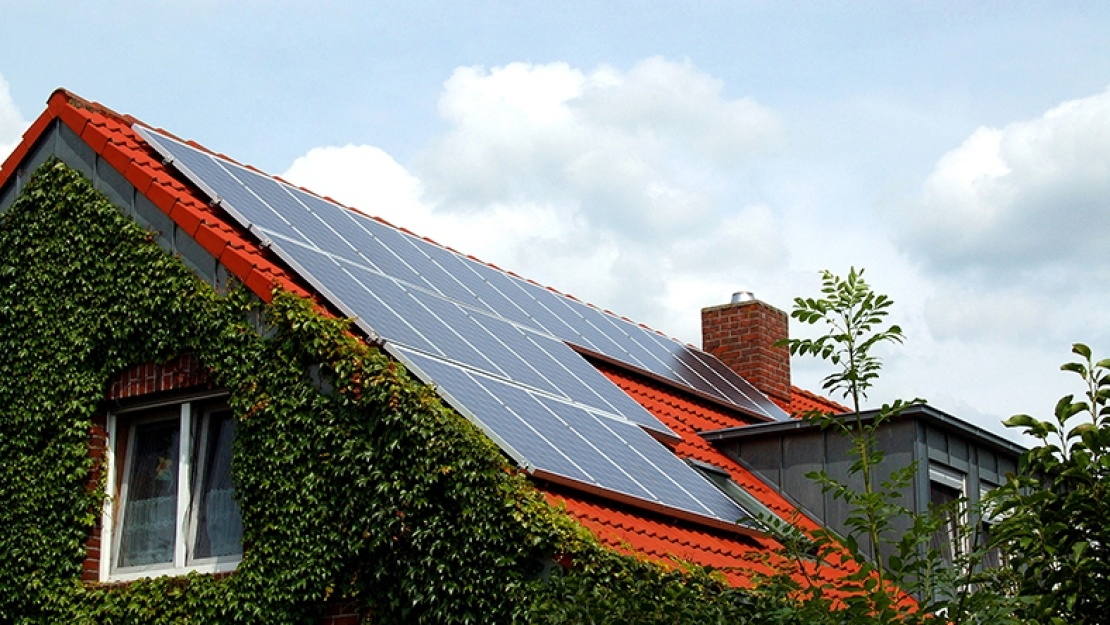
Image Credit: edfernergy.com
Solar energy is reliable. Many business owners and homeowners favor solar power because it is effectively immune to the likely failings of utility companies in the form of political or economic turmoil, terrorism, natural disasters, or brownouts due to overuse.
10. Solar Power Conserves Foreign Energy Expenditures
In many countries, a large percentage of income is used to pay for imported oil used in power generation. For instance, the United States spends an average of $13 million per hour on oil, mostly from Persian Gulf nations. As oil supplies decline and prices rise, these problems catalyze the expansion of solar power and other alternative-energy systems.
11. Solar Power Encourages Government Tax Credits
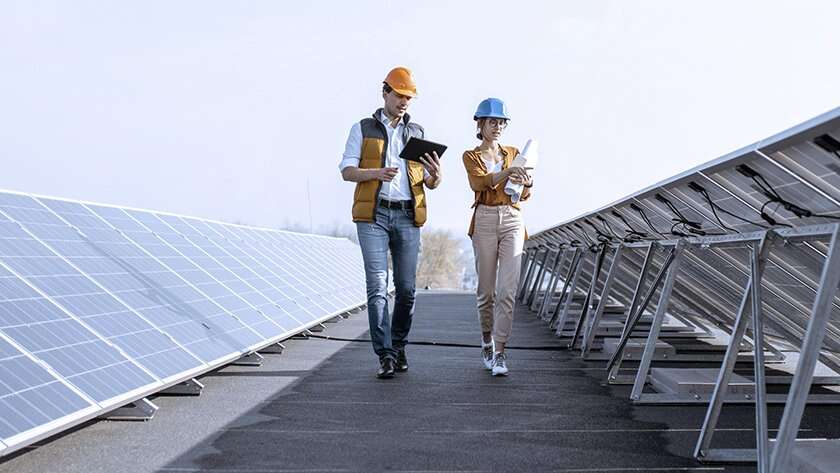
Image Credit: legalzoom.com
In regions like the U.S., federal subsidies credit up to 30% of solar panel system costs. And each state offers its own renewable-energy incentives for homeowners and business owners.
12. Gaining Money
Solar power takes advantage of net metering, the act of crediting homeowners for the electricity they produce and return to the power grid. When your panel system is connected to the grid, your supplier may pay you for the surplus energy exported back to the grid. Of course, this happens if you have such an agreement with your supplier.
13. Solar Energy Storage
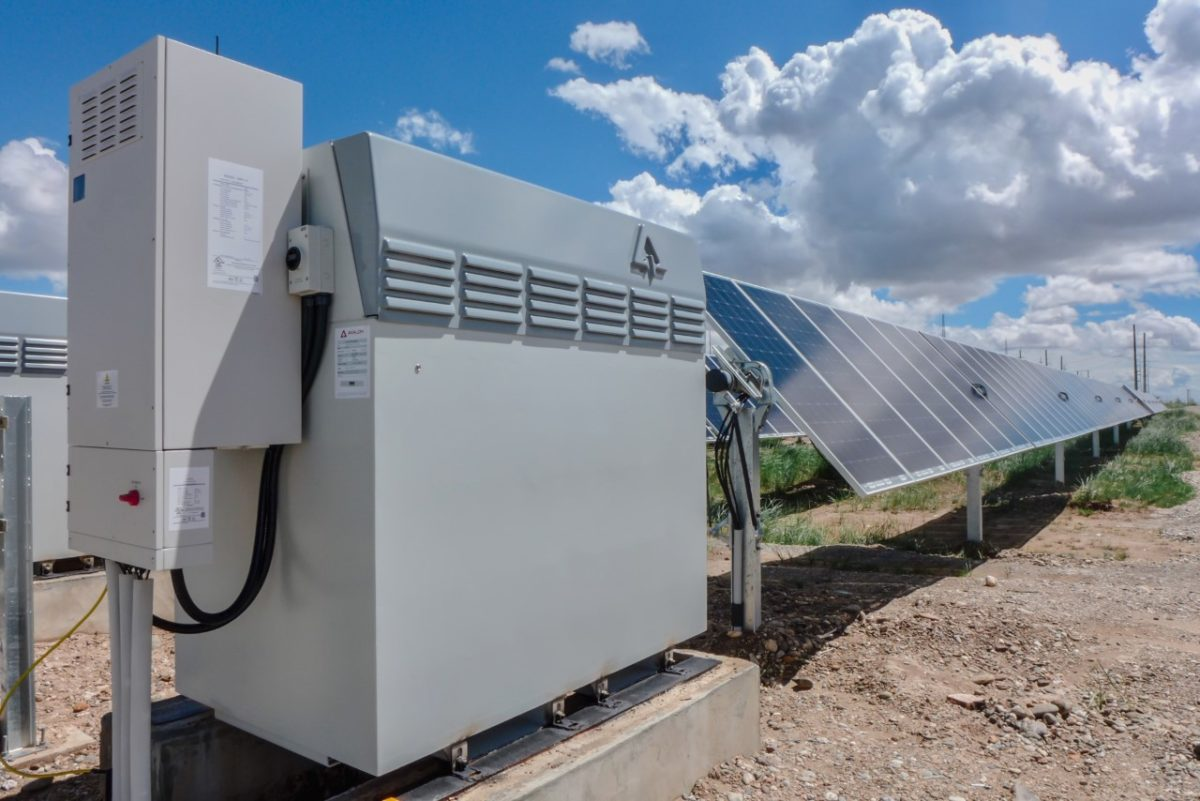
Image Credit: dovetailsolar.com
Interpreting the efficiencies of solar batteries, you can store the extra energy that has been generated by your solar panel system for night time and times of low solar radiation.
14. Can be Installed Everywhere
The solar system can be installed at any place of your choice as long as the area gets adequate exposure to the sun. Photovoltaic systems can be installed in areas with or without power supply so as to generate the required supply of energy.
15. Improve Grid Security
Depending on the number of solar panel systems that are installed in an area, the occurrence of blackouts is minimized. Solar systems act as an energy production backup in case of grid overload or some other circumstances that lead to blackouts.
16. Encourages Grid-Free Living
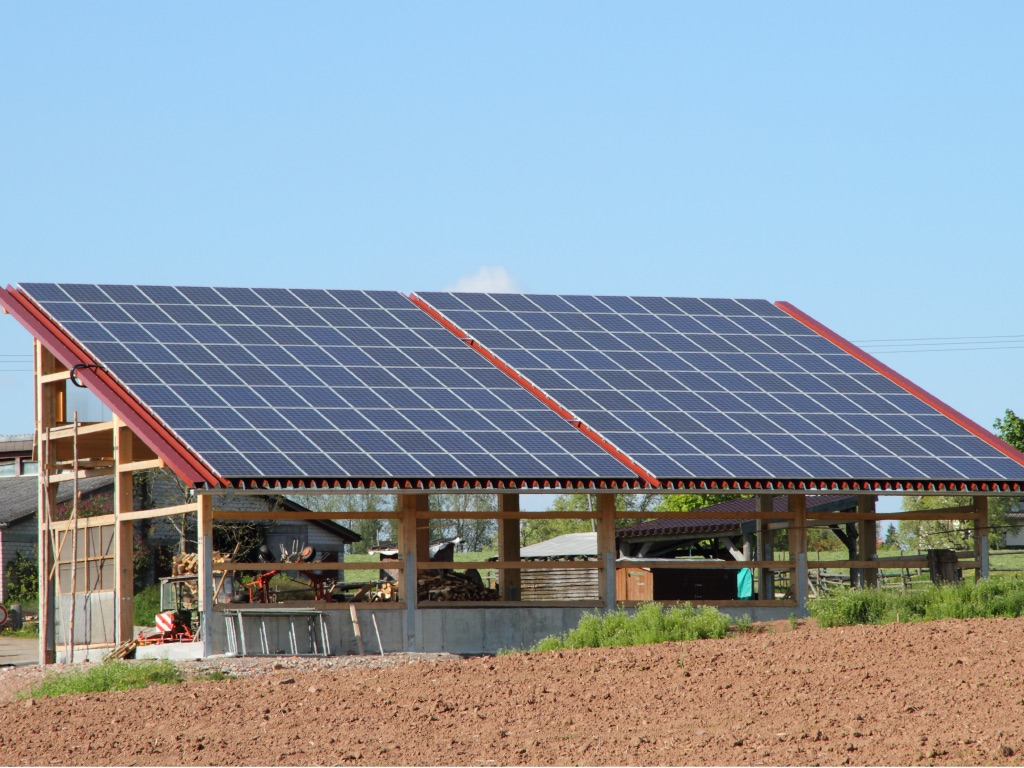
Image Credit: solar-electric.com
If you have a strong solar system to generate enough power for all your energy needs without hiccups, you can easily live grid free!
17. Saves Water
Using solar energy helps save water. For example, solar panel maintenance requires little water, while nuclear power plants need much water for maintenance leading to water wastage. Plus, solar panels do not use water for power generation.
18. Gives You Control Over Your Electricity
Home solar panels and batteries offer freedom from utility companies with predictable energy bills. This helps you avoid peak electricity rates and provides reliable backup power when the grid goes down.
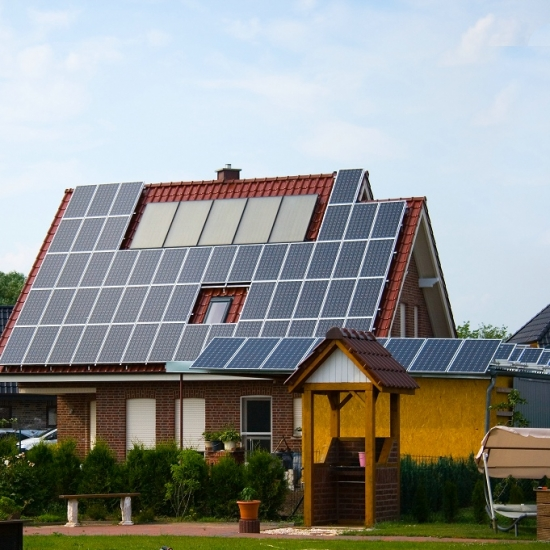
Image Credit: tianyuansolar.com
With a rechargeable home solar and battery system, you can avoid the most expensive rates under the Time Of Use (TOU) rate structure while optimizing energy savings. In addition, a solar-powered home battery replenishes solar power and removes the inconvenience and uncertainty, giving you freedom from the next blackout.
Uses of Solar Energy
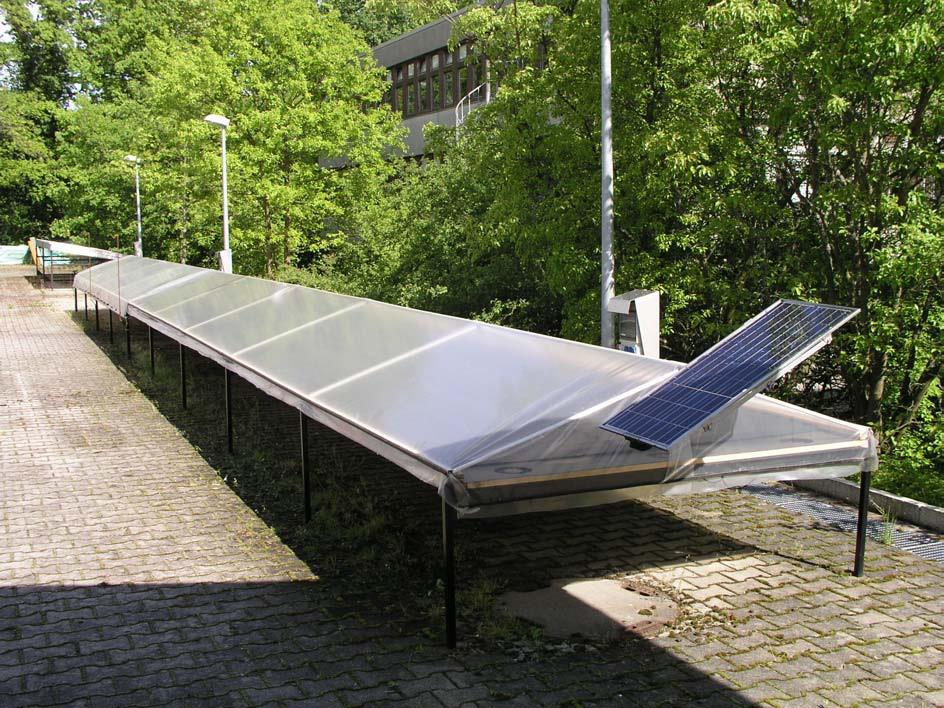
Image Credit: vernalenergy.net
Solar power is an excellent source of energy in many homes worldwide. Solar panels have gained popularity in recent years with the many benefits offered. Solar energy is used in different ways in many homes. Here are some common uses of solar power in your homes
1. Heating water
2. Heating home
3. Solar ventilation fans
4. Provides electricity
5. Lighting home
6. Portable solar power
7. Heating swimming pool
8. Solar-powered pumps
9. Charging batteries
10. Cooking
11. Home beautification
12. Solar dryer.
Bottom Line
More solar power is hitting the earth daily than the existing population can use. As the cost of solar energy production reduces, many people are switching to solar.
Solar efficiencies are evolving, with over a million solar installations across the country, and new technologies are being experimented with. So let’s keep working to exploit this great power and put it to use to continue benefiting from the numerous advantages above.
Featured Image Source: reenergizeco.com

